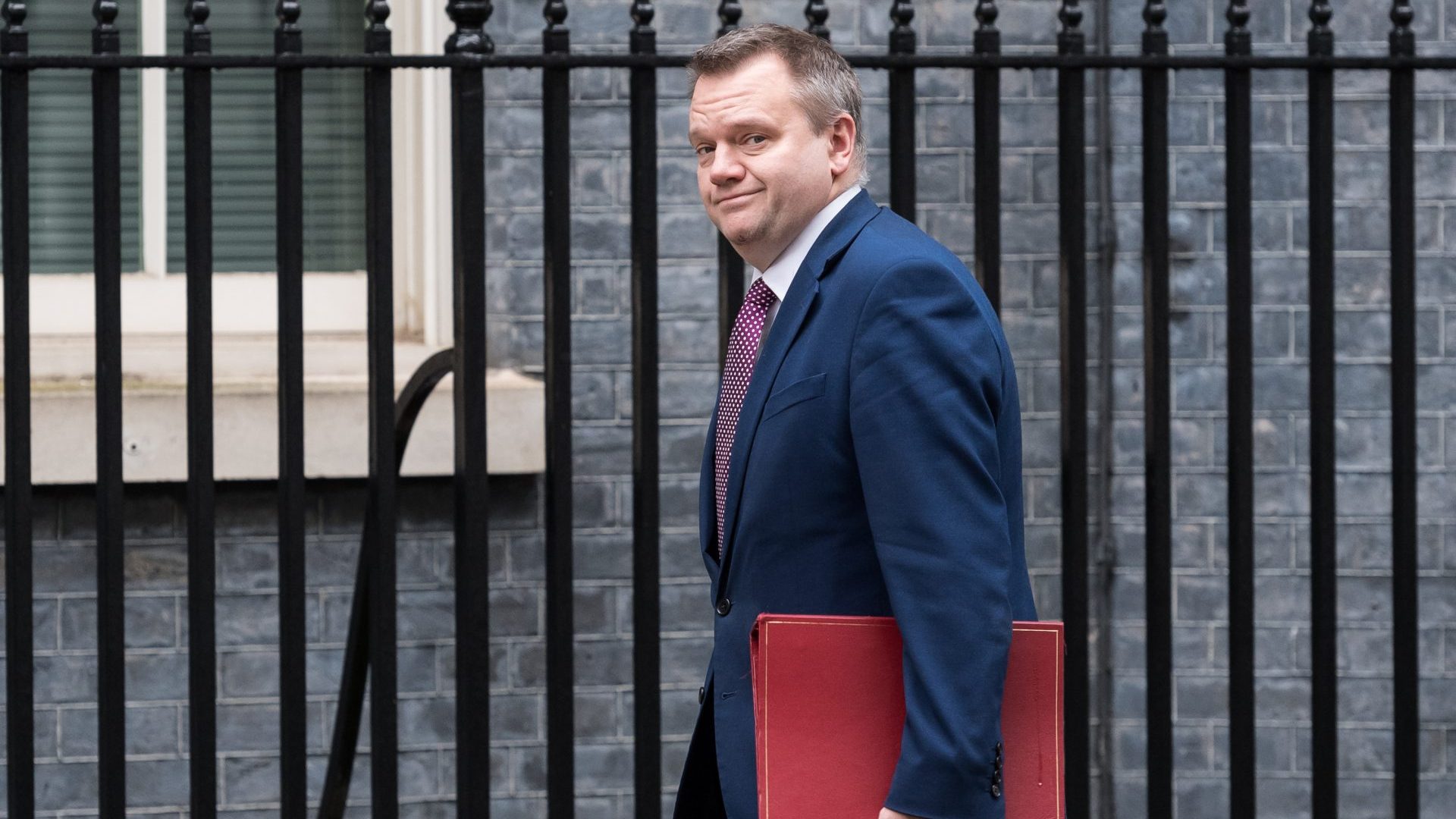Probably the most important speech so far about Britain’s Brexit reset was delivered in Brussels on Tuesday by a senior Labour figure – all without the assistance of a voice coach. Even without Leonie Mellinger, the tone was different and the message clearer. After months of cheery platitudes followed by restated red lines and deep frustration, the remarks made by Nick Thomas-Symonds at a EU-UK forum felt like a positive shift.
The minister for European Union relations, who will work with Whitehall big-hitters Sir Olly Robbins and Michael Ellam to reset negotiations, told those assembled on both sides that they needed to be “ruthlessly pragmatic” and work fast. With both the UK and EU27 desperate for growth, Thomas-Symonds targeted the May 19 UK/EU summit in Britain as a deadline for delivery of “a balanced yet ambitious outcome to benefit all our citizens”.
That is just over three months away. Donald Trump and anaemic growth forecasts appear to have lit a fire under proceedings.
What emerges won’t be a great leap forward that includes the single market or customs union – and maybe not even the limited freedom of movement for young people that the EU desires. But a series of marginal gains will ease the red tape that is crippling so many small- and medium-sized British businesses and produce an estimated uplift to UK GDP of between 0.3%-0.7%.
The Conservatives will say that this is nothing to get excited about, but they got deeply aroused by the total uplift of up to 0.15% from the “Global Britain” trade deals of the wasted Johnson/Truss/Sunak years. And they are no longer the opposition party that Labour is most concerned about.
A good result on May 19 or shortly after is important for Keir Starmer as a weapon against a rising Reform. The far right Farageists are tied with or leading Labour in some polls, with the woeful Kemi Badenoch’s Tories slipping away.
Perhaps not surprisingly, Reform have very little to say on the failure of Brexit. On the same day that Thomas-Symonds spoke of ruthless pragmatism, Farage was invited by Emma Barnett on Radio 4’s Today to outline how he would do it better, but offered mainly waffle.
“We can improve the deal by saying to them, ‘look, we can make this easier for both of us, we can go back through’, we are up for a renegotiation anyway,” he said. In short, exactly what Starmer has been doing.
Farage also suggested that a trade deal with the US might be a bigger prize than closer integration, but this is nonsense – a deal with Trump is estimated to be worth only 0.16% of GDP over 15 years. No wonder he did not want to embarrass himself further. If coupled with actual delivery of better arrangements with the EU, Reform’s weakness here strikes me as more fertile ground for Labour than attacks on Farage for not being in Clacton, or MPs’ attempts to shout him down. “You broke it, I fixed it,” is a strong message.
Rather than Brexit, what “admirers of Nigel Farage” preferred to talk about this week – in an article by Katy Balls, published in Michael Gove’s Spectator – was how Farage might become leader of a “Reformed Conservatives” with the “two warring tribes… brought together under one leader” in what some are apparently calling the “James I model”.
No idea why Nigel Farage should be so closely linked with the heavy drinking monarch who loved a good witch hunt, but let the fantasists go on with their dreams of a reverse Tory takeover. The rest of us can keep everything crossed for a long-awaited outbreak of ruthless pragmatism.











